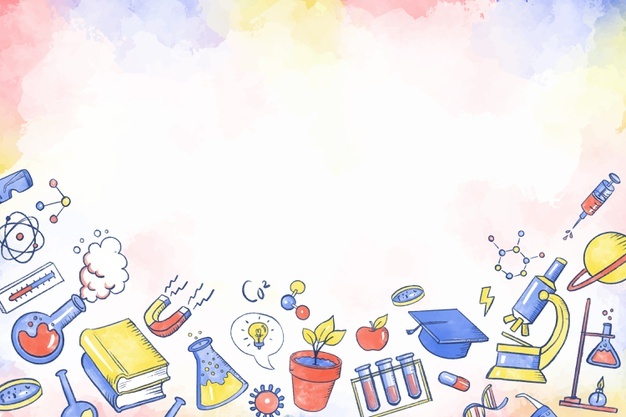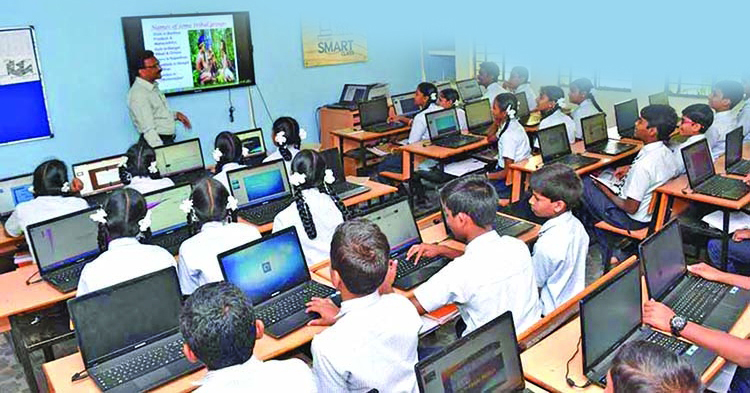by Muhammad Mofizur Rahman (PhD)
Education
Education is the knowledge or skill obtained or developed by a learning process. It is the action or process of educating or of being educated. According to the definition of Wikipedia, Education is the process of facilitating learning, or the acquisition of knowledge, skills, values, morals, beliefs, habits, and personal development. Education is the most important and influential instrument to shape and desirably mould human beings. Education is the root cause for any change, which takes place in the social, cultural, spiritual, political and economic aspects of human beings. It is the social institution through which society provides its members with significant knowledge, including basic facts, job skills, and cultural norms values. One of the most important benefits of education is that it improves personal lives and helps society run smoothly. “Education is the most powerful weapon you can use to change the world” – Nelson Mandela.
Education in Bangladesh

In Bangladesh, fewer than 1 in 2 boys and barely 1 in 3 girls who completed primary education were functionally literate in 2011. As UNICEF reported, only one in four children in fifth grade have required skills in mathematics and Bangla, according to the 2013 National Student Assessment. According to the Bangladesh Bureau of Statistics (2011), in contrast, nearly 45% of people of Bangladesh were unable to read or write and therefore struggled to earn a living for themselves and their families. But even though primary enrolment is at 98 per cent, only 67 per cent qualify for secondary education and even less, 22 per cent, reach higher secondary level. Some 6.2 million children, more than 1 in 4 school-age children, are currently out of school, particularly in urban slums and hard-to-reach areas. Of them, some 4.6 million children are of primary-school-age. A study by (Paul et al., 2021) showed that one in four people in Bangladesh are still unable to read or write, whereas the world is set to celebrate International Literacy Day now.
Quality education
Quality education focuses on the whole child–the social, emotional, mental, physical, and cognitive development of each student regardless of gender, race, ethnicity, socioeconomic status, or geographic location, defined by Education International (EI), a Belgium based organization. In 2012, the United Nations, for the first time, included ‘Quality Education’ in their Sustainable Development Goals (SDG). Further, education in modern times is highly influenced and dependent on Information and Communication Technology which has paved the way for students to attain school or higher-level education. Quality education prepares a student for a job and develops the overall personality of an individual. In the case of children, it aims at their complete upbringing where morals and ethics are taught as part of the curriculum to help them live a healthy lifestyle. Unfortunately, in the 21st century, some countries are lagging in the race for quality education.
Quality Education in Bangladesh:
Before 2010, Bangladesh got five education policies; however, very few of those policies managed to bring any significant change and improvement in its education sector. In 2010, the country got another education policy made open to all for corrective and constructive opinion. This policy is certainly one of the best policies that Bangladesh has ever achieved. But the fact is many of its excellent provisions are still confined to paper.
The teachers as the key to ensuring quality education have been mentioned in this policy. It addressed to ensure the training facilities, incentives and satisfactory remuneration for teachers of all kinds of institutions. Besides these, there were many other commendable steps regarding increasing scholarships, ensuring gender parity in the institutions and strategies to improve literacy, vocational education and non-formal education in this policy.
However, contrary to its recruits and approaches, the salary and status of the teachers of all kinds of institutions have been downgraded by an unprecedented decision of the government in the last pay scale. Protests of the teachers from all tiers of instructions, primary schools to public universities, have been harshly refused, and the issue has not been resolved yet. A lot of dissatisfactions are slugging the teachers.
The UNICEF blamed for affecting under-qualified teachers, inadequate infrastructure, poor nutrition and food security. The organization also raised its’ voice about the overcrowded in the classes. Teacher supervision, monitoring and accountability lack strength.
The budget for education is meagre. The country does not think of the expenditure of education as an investment. Few researchers addressed on curriculum also. For example, Jahangir et al. (2022) announced ‘no unified primary education curriculum in Bangladesh’s case’. Rao et al. (2021) claimed a lack of attention to measuring the quality of early childhood education. They also noticed that the lack of safety and high prevalence of sexual harassment and abuse in public places contribute to girls’ dropout.

Way to solve
Most of the educators expressed dissatisfaction with the quality of education in Bangladesh. They believe that the quantity of education is increasing but not quality.
They emphasize the proper budget for education, systems of teachers’ recruits at all levels, teachers’ training, promotion, remuneration, and dignity in the society.
Since teachers are key personnel of education and the society or the nation, it is the priority to ensure quality teachers. Secondly, the curriculum is the media of education. The curriculum has to be poured according to the demand of the 21st century to achieve the SDG. It should be formulated based on research, not be based on anyone’s personal opinion or emotion. The education authority must give more importance to Technical and Vocational education instead of theoretical education.
Furthermore, a research-based education environment is badly needed in the country. The authority must convert the higher educational institutes into’ research institutes’, not a ‘politics care centre’. Technologically based education must be employed during the pandemic period. It would be easier to execute blended education in typical situations in the future.


Thank you for the valuable comments and encouragment.